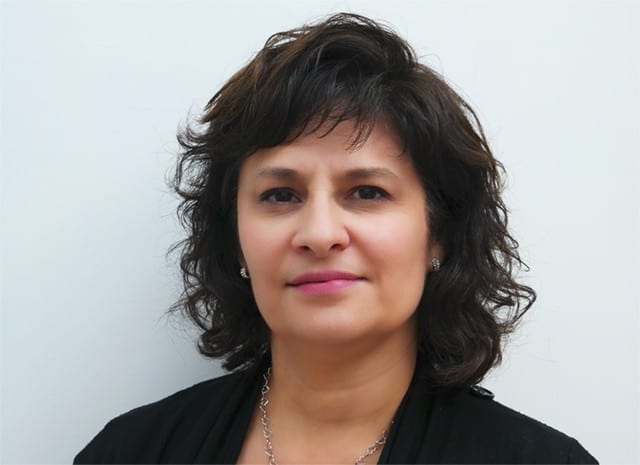
Background
Dr Sharon Liberali: A/Professor Liberali completed her undergraduate dental degree at the University of Adelaide in 1986 and was awarded a Doctor of Clinical Dentistry in Special Needs Dentistry at the University of Adelaide in 2009. In 2010 she became a Fellow of the Royal Australasian College of Dental Surgeons in the special field of Special Needs Dentistry. In 2011 she was awarded a Fellow of the International College of Dentists (FICD) and in 2013 a Fellow of the Pierre Fauchard Academy.
A/Professor Liberali is the Director and Senior Consultant of the Special Needs Unit, Adelaide Dental Hospital, SA Dental Service, and holds an honorary Associate Dental Consultant position at the Royal Adelaide Hospital. She is the Program Director of the specialist training program in Special Needs Dentistry at the School of Dentistry, Faculty of Health Sciences, University of Adelaide and is the Principal Dentist at Health Partners Dental.
A/Professor Liberali is a past President of the SA Branch of the Australian Dental Association and also the Australian and New Zealand Academy of Special Needs Dentistry
Special Needs Dentistry (SND) is the management of oral health care and provision of dentistry to patients who are either medically compromised, and/or have intellectual, physical or psychiatric disability. A specialist in Special Needs Dentistry requires a good understanding of a variety of different medical conditions, the medications or procedures used to treat these medical conditions, and their impact on oral health and the provision of dentistry. They also need to understand other potential psychosocial influencing factors to the patient’s care, so that they are able to provide oral health care which is holistic, empathetic and compassionate.
My main area of clinical interest lies with the care of head and neck cancer patients during oncology treatments. I am a part of the multi-disciplinary team caring for these patients which includes Maxillofacial, ENT and Plastic Surgeons, Radiation and Medical (chemotherapy) consultants, Pathologists, Radiologists, and Allied Health practitioners, such as Speech Pathologists and Dietitians. My role is to assist patients with their oral health care during all aspects of the oncology treatment – surgery, radiotherapy and chemotherapy – from the moment they are diagnosed until they are able to return to their general dentist.
Radiotherapy, in particular, causes life-long issues which are often life-changing. Radiation can permanently damage the salivary glands, and therefore, after radiation treatment is completed, most patients are left with a very dry or sticky mouth and a reduced ability for full mouth opening. This makes good, effective oral hygiene difficult. As a result, patients have a significantly increased risk of dental decay, putting them at risk of requiring dental extractions. Unfortunately, radiotherapy also changes the jaw bone which means that dental extractions, after radiotherapy, can be very problematic due to the risk of the bone not healing, a condition called osteoradionecrosis.
In order to manage the increased risk of dental decay and reduce the risk of needing dental extractions post radiotherapy, the patient’s saliva needs to be assessed during the first 12 months after radiation, and the patient placed on a preventive oral care program, so as to assist them to maintain good oral health. Having access to a dentist who understands the early and late impacts of radiotherapy to oral health is important, so that patients can work with their dentist to maximise their oral health well after their oncology treatments are completed.
It never ceases to amaze me the strength of character that many of my head and neck cancer patients display during what is a very difficult physical and emotional time. It is inspiring, and it is one of the reasons that I absolutely love my job. Special Needs Dentistry is a wonderful collaboration between dentistry and medicine. To be able to go home each day knowing that I was able to provide oral health care for a patient who really needs my level of specialist care, is a really good feeling.
